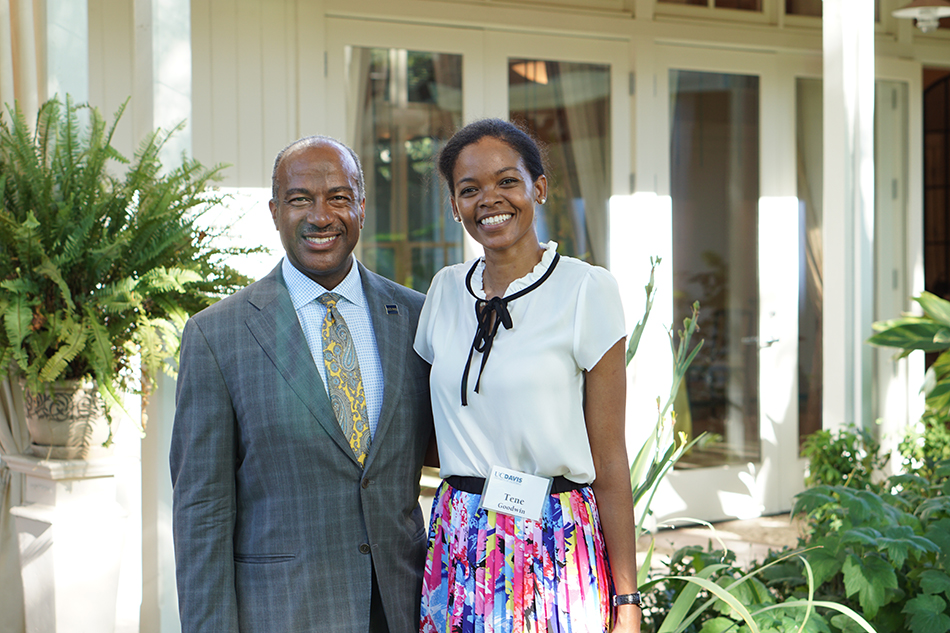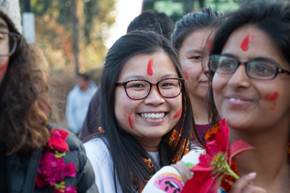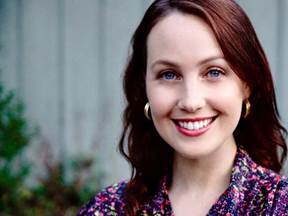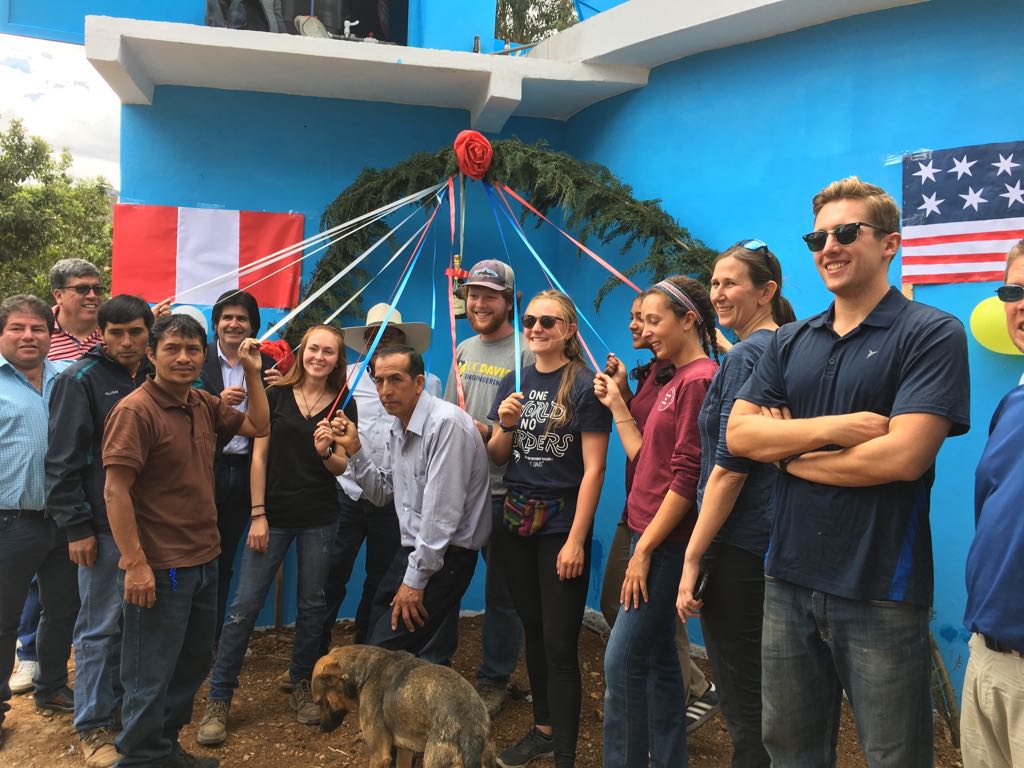Connecting Across Continents
UC Davis’ Global Education for All Big Idea to expose all students to global learning
Many UC Davis students spend their college years engaging locally and worldwide with global issues like water, food, animal and human health, climate change and migration, among others. As UC Davis prepares students for an increasingly interconnected and interdependent world, the university has a new vision to provide a meaningful global education to all students, regardless of financial circumstances, ability to travel or other considerations.
The Global Education for All Big Idea is intrinsically linked to UC Davis’ mission as a public university, says Big Idea Champion Joanna Regulska, who is the vice provost and associate chancellor of Global Affairs and professor of Gender, Sexuality and Women’s Studies.
“A global university such as UC Davis is embedded with different cultures and different perspectives,” Regulska said. “Collaboration is critical –– we can’t solve global problems as individuals, or as one institution.”
UC Davis is already at the forefront of global learning, and the Global Education for All Big Idea seeks to expound on the opportunities Aggies have around the world. Three pathways are proposed in order to usher in this new initiative:
- Academics: Global learning through academic curricula on and off campus
- Experience: Bringing learning to life through global experience
- Living and Leading: Building bridges through co-curricular learning and leadership
LARGE VIDEO ICON
Cultivating Global Aggies
Students benefit greatly from global learning and engagement, which is why many UC Davis students, across a variety of disciplines and backgrounds, are already participating in global learning opportunities. The Global Education for All Big Idea seeks to expand those opportunities to meet the unique interests, backgrounds, and academic and career paths of every student. Below are examples of a few students who have benefitted from a global education locally and abroad. Many of these students are also featured in the video.
 Tene Goodwin, College of Letters and Science
Tene Goodwin, College of Letters and Science
Tene Goodwin ’18 is originally from Antigua, West Indies. In the summer of 2018, she had the opportunity to work as a communications intern with UC Davis Global Affairs and support the Mandela Washington Fellowship for Young African Leaders.
Goodwin – who is well-traveled, speaks three languages and reads extensively – felt she was already a global citizen when she came to college. But after working with the Mandela Washington Fellowship at UC Davis, she gained an even deeper perspective on the importance of global education.
“Global education is important for all students because the world is becoming more interconnected every day,” said Goodwin. “We have to think globally, regardless of what we’re thinking about, because otherwise we’re going to be left behind. We need to be able to adapt and collaborate with partners around the globe.”
 Tiffany Trinh, College of Agricultural and Environmental Sciences
Tiffany Trinh, College of Agricultural and Environmental Sciences
After spending winter break in Nepal experiencing a project-based Seminar Abroad, Tiffany Trinh ’18 returned to the Sacramento area inspired to begin working with the International Rescue Committee, using her newly learned skills to help battle food insecurity among refugees and immigrants –– some of whom are Nepalese.
“It’s really interesting to be able to connect with them and share my story about my time in Nepal,” Trinh said. “I love learning about the immigration stories, as well as other experiences, of the Nepali people who I interact with. Until we understand cultural similarities and differences, we can’t build a strong global community together.”
 Kate Polakiewicz, College of Agricultural and Environmental Sciences
Kate Polakiewicz, College of Agricultural and Environmental Sciences
Kate Polakiewicz ’17, a recipient of the Research and Innovation Fellowship for Agriculture (RIFA), went to Honduras to study the effect of coffee leaf rust disease to find possible solutions for an epidemic wiping out nearly 70 percent of coffee farmer’s production in Central America.
“It really has a huge detrimental effect on these farmers, who are, for the most part, growing coffee as a cash crop,” Polakiewicz said. “This is their livelihood that is being threatened.”
Inspired by the lessons she learned, Polakiewicz partnered with UC Davis Professor Patrick Brown to develop a course in the Plant Sciences Department titled “Just Coffee.”
“People have a romanticized image of the industry, so we wanted to just show students a range of important topics – socially, economically and agriculturally – around the theme of coffee,” Polakiewicz said.
 Nicolas Dante Dilliot, College of Engineering
Nicolas Dante Dilliot, College of Engineering
In the rural communities of neighboring countries Bolivia and Peru, Nicolas Dante Dilliot ’18 and his colleagues with Engineers Without Borders were hard at work putting their classroom learning into action: problem-solving water and infrastructure issues. With a grant from the Blum Center for Developing Economies within Global Affairs, Dante Dilliot and his team sustainably rebuilt a community’s water system so locals no longer had to spend over an hour per day filtering water to be safe to drink.
“It's just crazy to think about your entire day revolving around how you are going to get water,” Dante Dilliot said. “It makes me appreciate what I have and motivates me to use my expertise I have gained here at UC Davis to make a difference.”
UC Davis is actively looking to partner with donors in order to make the Global Education for All Big Idea a part of every student’s academic journey. Learn more or give to this Big Idea.
